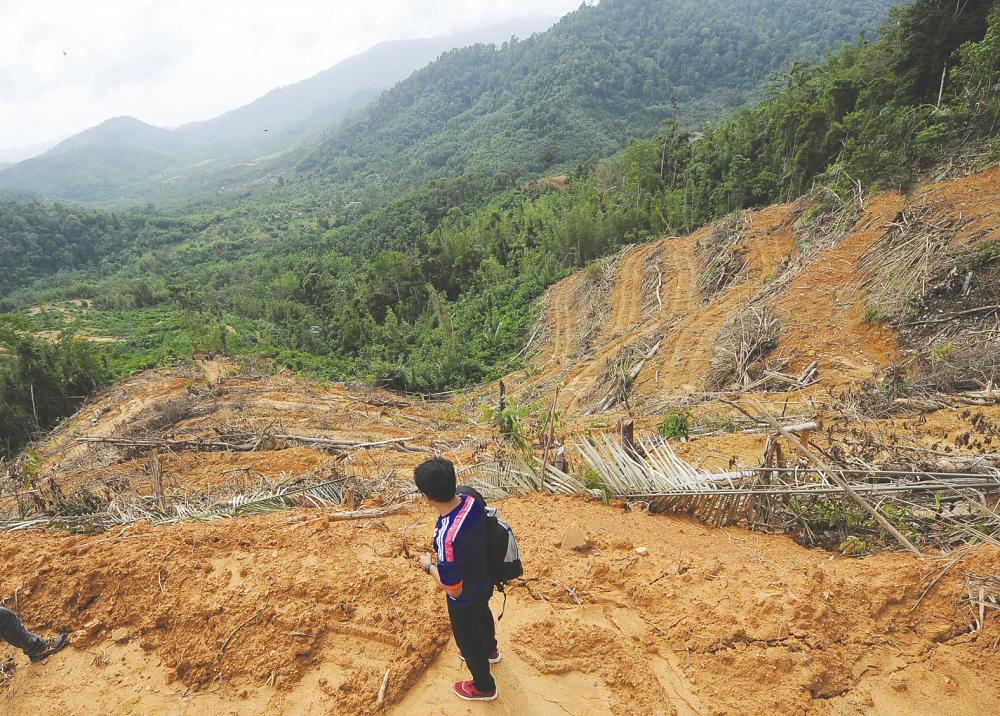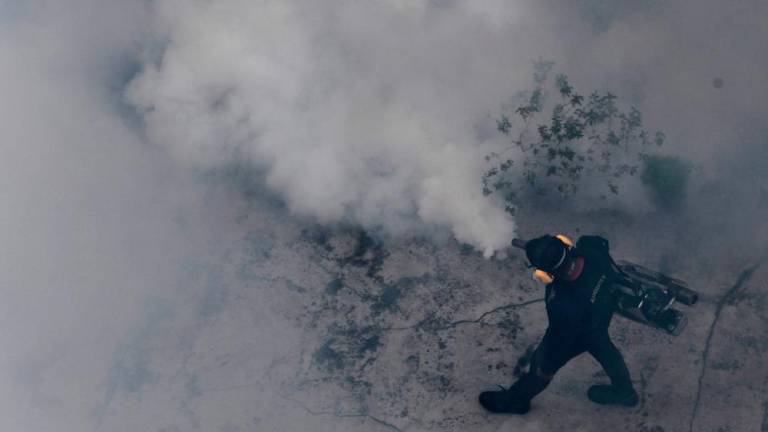COVID-19 has severely curbed economic and human activities due to the movement control order (MCO). This has enabled a pause in environmental degradation. A Tenaga Nasional official on May 31 said electricity consumption in the commercial and industrial sectors had decreased by between 25% and 50% during the MCO.
Covid-19 demonstrates how fragile human societies are to the forces of nature and environment, and not necessarily only by the less developed. This relationship should not be underestimated; humanity’s ability to weather future storms may very well depend on a supporting natural ecosystem that is well protected and preserved.
On a positive note, the MCO demonstrates that governments have the willpower to create change under critical circumstances which is what is needed for the environment. So how do we move forward? With a focus on nature in conjunction with World Environment Day on June 5, Environmental Protection Society, Malaysia (EPSM) offers six recommendations:
Integrate sustainability into all decision making
As advocated by EPSM since the inception of its Sustainable Living in Malaysia programme in 2007, there is a need to create an institutional framework to mainstream sustainable development across all ministries and government agencies, and through all levels of government – federal, state and local. This sustainability shift includes integrating impacts on biodiversity and climate change into every decision made by government. This has to be enabled by redesigning of agencies as the present structure of functioning in silos does not facilitate integrated and cross-sectoral decision making.
Strengthen federal govt-state govt collaboration
State governments assert that they need to exploit natural resources, through logging in particular, to generate revenue. This puts them and their reliant neighbouring states at risk of water security and flooding. By engaging and partnering with the federal government, state governments can access global environmental funds – such as Green Climate Fund, Adaptation Fund and Global Environment Facility – that are available as an incentive for protecting and maintaining biodiversity. State governments are also urged to engage with all stakeholders before making decisions on land-use change so that alternative views on raising revenue including payment for ecosystem services can be harnessed.
Look beyond GDP
The government is urged to look beyond gross domestic product (GDP) as the primary indicator for its performance. GDP does not account for inequality, equity and wasteful development. For example, the construction of office buildings, malls and residential premises would have contributed to our GDP. Yet, the chronic overhang shows they have been overbuilt due to misplaced demand and may become stranded assets, while affordable housing still remains elusive. GDP does not account for externalities or environmental damage caused by development such as loss of biodiversity and climate change. As an alternative for performance measurement, the government can develop its own sustainability indicators which reflect ecological sustainability, equality and social inclusion, together with economic indicators.
Strengthen local administration
Many decisions which affect quality of life, environment and urban design are made at the level of local authorities. As Malaysia is already 76% urbanised, the importance of living in harmony with nature is even more critical. More attention needs to be given to how planning can accommodate urban ecology in a holistic manner. As these concepts can best be addressed with the active participation of all stakeholders within a structured engagement framework with accountability and transparency, it is timely to conduct a study to re-introduce local government elections as the prerequisite to enable this.
Uphold environmental laws
Existing legislation on natural and built environment, eg enactments and policies, should be upheld and implemented diligently. Elected officials should be responsive to demands of the people and needs of natural ecosystems providing vital free services, where rehabilitation, regeneration and rejuvenation are necessary for both wildlife and habitats to function properly.
Revolutionise production and consumption
Manufacturers should take the lead in revolutionising their production patterns and extend their responsibility for their products throughout the chain of custody – from production until end-of-life. They should be equally concerned about how a product is handled at the point of disposal. The polluter-pays principle and extended producer’s responsibility should be properly applied in the enforcement of environmental quality standards. The talents of the advertising industry should be enlisted to promote sustainable consumption.
We urge decision-makers and policymakers to create a new and innovative normal with sustainability at the core as we emerge from Covid-19 and resume economic activities.
Nithi Nesadurai
President
Environmental Protection Society Malaysia











